Cost, time overruns in projects must stop

The National Economic Council’s upward revision of four proposals for costs and extension of four projects is yet another example of delayed implementation and cost overruns. The council on April 18 approved a proposal of the Bridges Authority to increase the cost of the much-talked-about Padma Bridge project by Tk 2,412.13 crore and to extend the project deadline by one more year till June 2024. This was the third revision of the project, which made the cost steeply climb to Tk 32,605.53 crore from the initial estimate of Tk 10,161.75 crore. The cost increased to Tk 20,507 crore in the first revision in 2011 and to Tk 30,193 crore in the second revision in 2015. It also approved the first revisions to the re-construction of the central jail project in Mymensingh and a dual-gauge railway project between Dhaka and Narayanganj. The jail project cost has now increased by Tk 112 crore and the railway project cost by Tk 279 crore. The council also approved the third revision to a project for the rehabilitation and improvement of level crossings in the railways’ east zone, making it costlier by Tk 25 crore.
What is gravely concerning is that such revisions have become the norm rather than an exception, with most projects, even the fast-track ones that are specifically monitored, having cost and time overruns. About 40 projects were revised in the 2022 financial year and the number of revised projects in the current annual development programme is 369. The number was 326 in 2021–22 and 285 in 2020–21. Corruption and inefficiency are believed to be driving the trend of delayed implementation and cost overruns and the government has failed to address both the issues. Such a situation also questions the reliability and acceptability of feasibility studies and project proposals. Experts have consistently pointed out that development projects are approved without adequate feasibility studies and stakeholder consultation. An Implementation Monitoring and Evaluation Division study also says that Bangladesh lags in completing most projects on time and within the budget. There is also a lack of transparency and accountability in project implementation. Studies find an absence of proper feasibility studies and technical designs, delays in land acquisition and fund management, lack of institutional capacity to deal with many projects simultaneously, lengthy tender processes, irregularities and corruption responsible for time and cost overruns.
When most of the development projects are implemented, partially or fully, with loans, failures to implement projects on time and within the budget bleed the economy. The government has acknowledged ills of delayed implementation and cost overruns on many occasions but has done nothing to stop the practice. It is high time the government had a course correction and ensured efficiency, transparency and fast implementation to reap project benefits.




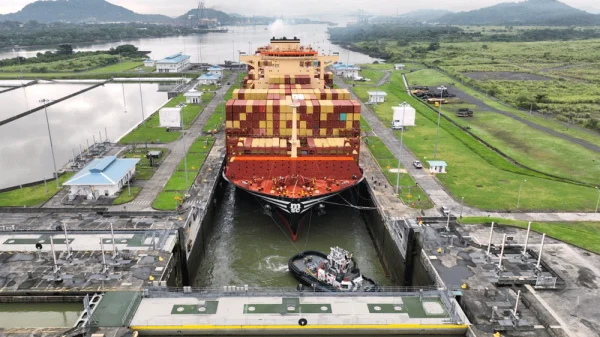

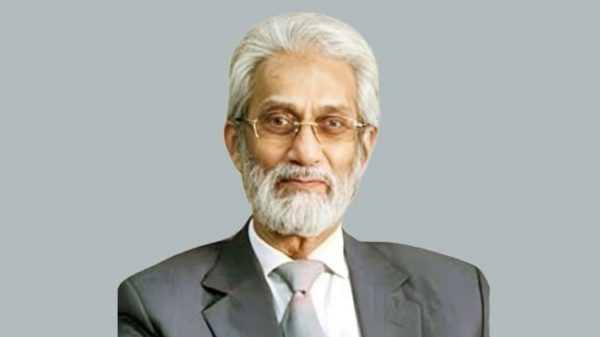
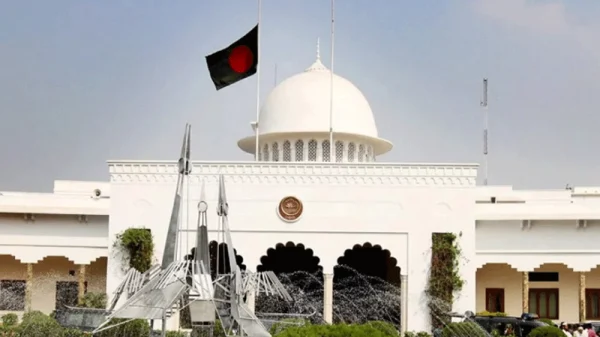

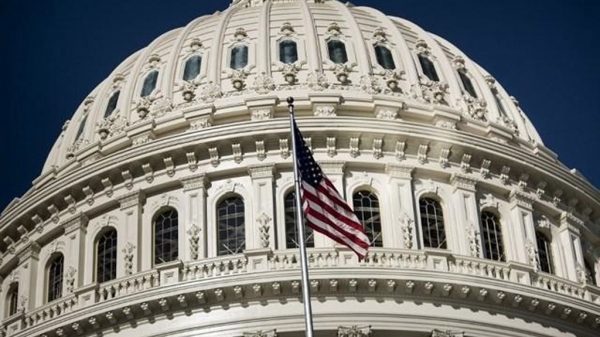



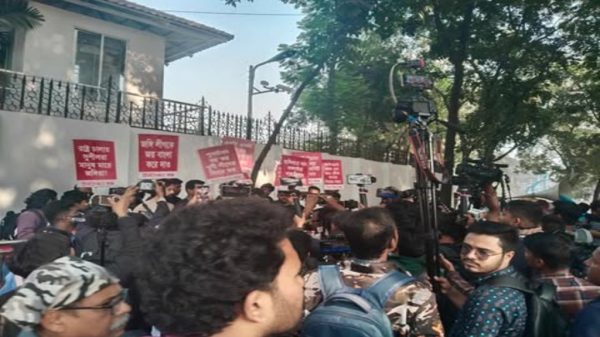











Leave a Reply